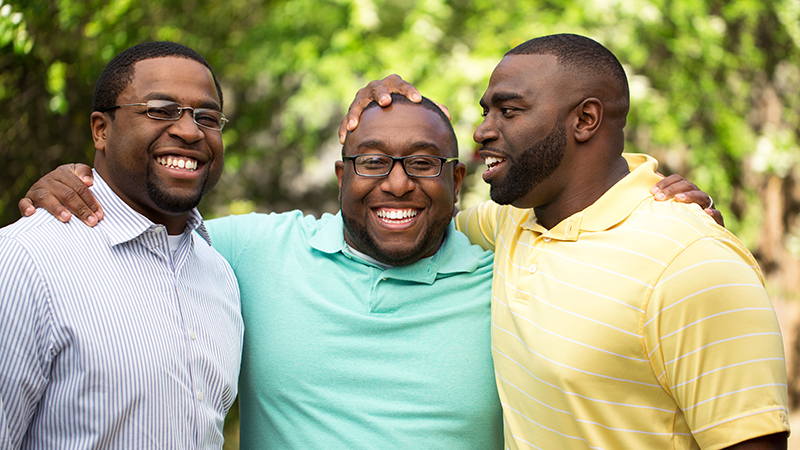
Family history is a term often tossed around by medical professionals and the media alike. Do you know your family history? Do you know how to take your family history? Who is an important part of your family history – parents, grandparents, children, cousins, or beyond? Do you understand the importance of sharing your family medical history with your healthcare provider? If you answered no to any of these questions, keep reading!
The family medical history has rapidly become one of the most important cancer screening tools we have available and yet, unfortunately, so many people know very little about their family history or have been unwilling to share this information with their relatives. While there may be a difference in cultural norms that have previously prevented – or currently prevent – discussing personal health history, we challenge you to consider the benefit of asking and sharing health information with your family members.
In 2004, the U.S. Surgeon General at the time and the Department of Health and Human Services started a public health movement called the U.S. Surgeon General’s Family History Initiative. The campaign would happen in November around Thanksgiving when families traditionally come together. The initiative highlighted the importance of the family medical history and pushed families to discover more about their relatives’ health histories. Why did they start this campaign to push people to learn more about their family members’ health? Because knowing your family medical history could literally save your life!
Today, we understand many health conditions have an underlying genetic change leading to disease, including cancer. Some of these genetic changes occur sporadically, or by chance, while others are inherited, or passed down in a family. When it comes to cancer, around 10% of diagnoses are caused by an inherited genetic change. These changes are inherited from mom or dad and can be passed down to children. While inheriting these genetic changes does not guarantee a cancer diagnosis, the risk is increased compared to the general population.
Let’s take colon cancer for example. A person from the general population with no family history has a 4.5% risk of developing colon cancer over their lifetime. However, if there is at least one close relative (parent, sibling, or child) with colon cancer, that person’s risk doubles, increasing to as much as 9%. Add two close relatives and the risk is as much as 16%. But what does this mean in the grand scheme of things? Having a family history of colon cancer would increase your own risk for developing colon cancer, and there would be specific recommendations to lower that risk. For instance, your doctors might recommend having a colonoscopy at a younger age or having these more frequently. With knowing your family history, your doctors can personalize your cancer screenings accordingly. Cancer screening is the best way to reduce your risks of cancer and improve the outcome when cancer occurs. As mentioned before, knowing your family medical history could literally save your life.
With this in mind, we encourage you to ask your relatives – respectfully – about their medical histories this holiday season. Ask your parents about their parents and if they had ever been diagnosed with a cancer, and what type. Ask your siblings and cousins if they have heard of any additional information about the family medical history. And on top of that, be brave enough to share your own information with your relatives as well. Knowing and sharing your family health history is one of the greatest ways we can prevent cancer and save the lives of our family members and ourselves.
Happy Holidays, and Happy Family Health History Month!
Related reading: Learn more about genetic testing and cancer.





